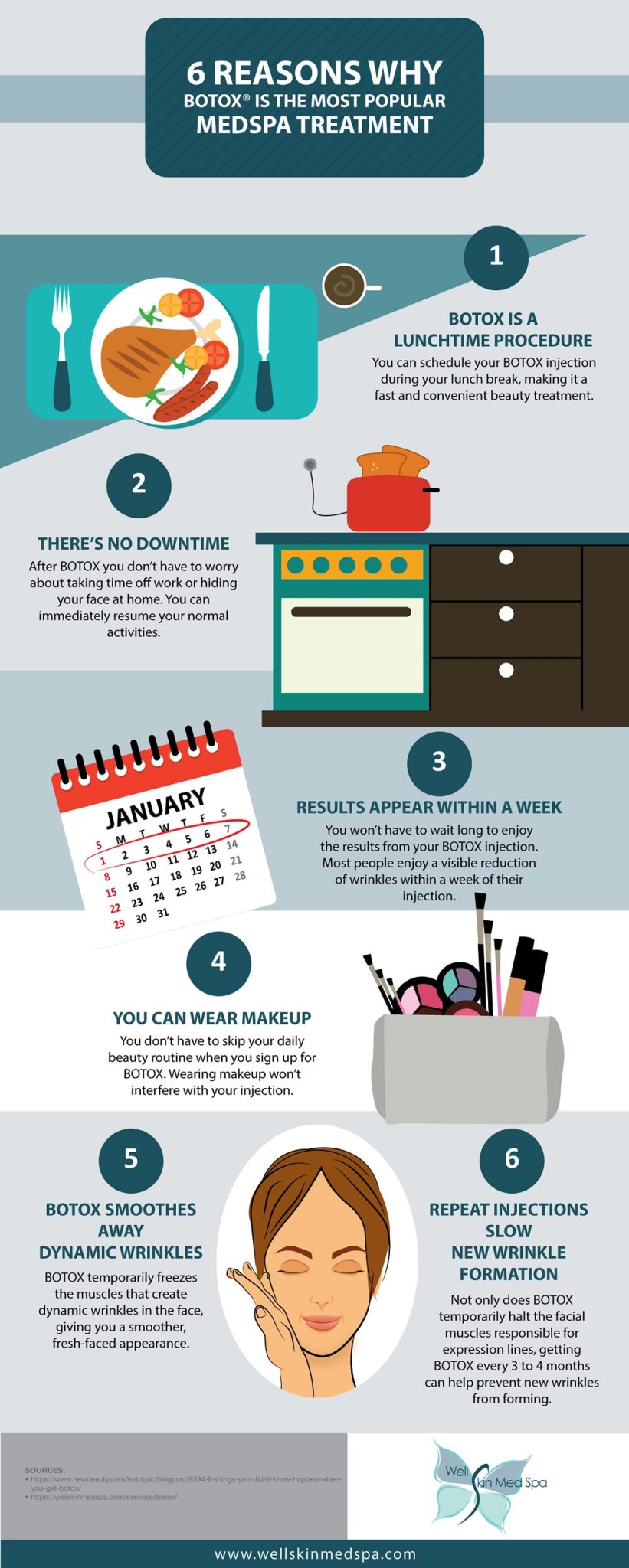Is SMILE Eye Surgical Treatment Right For You? Key Considerations And Insights
Is SMILE Eye Surgical Treatment Right For You? Key Considerations And Insights
Blog Article
Content Author-Clay Bilde
If you're considering SMILE eye surgical treatment, ponder this: are you prepared to embrace possible aesthetic liberty, or does the thought of any kind of risks make you be reluctant? Your choice will certainly hinge on a cautious equilibrium of weighing the advantages versus the uncertainties. It's essential to dig much deeper right into the subtleties of SMILE surgical procedure to make an educated choice that aligns with your aesthetic goals.
Understanding SMILE Eye Surgical Treatment
When considering SMILE Eye Surgery, it is essential to recognize the procedure and its advantages. SMILE, which stands for Small Cut Lenticule Extraction, is a minimally intrusive laser eye surgical treatment that remedies typical vision issues like nearsightedness (nearsightedness).
Throughout the treatment, your eye cosmetic surgeon will certainly use a femtosecond laser to develop a tiny laceration in your cornea. With this laceration, a small disc of cells called a lenticule is removed, reshaping the cornea and correcting your vision.
Among the essential advantages of SMILE Eye Surgical procedure is its quick recuperation time. Several patients experience improved vision within a day or 2 after the procedure, with marginal discomfort.
Furthermore, SMILE is known for its high success rate in providing lasting vision improvement. Unlike LASIK, SMILE does not need the creation of a flap in the cornea, reducing the threat of difficulties and enabling a more steady corneal structure post-surgery.
Understanding the procedure and its advantages is vital when thinking about SMILE Eye Surgical procedure for vision adjustment.
Benefits and drawbacks of SMILE
Considering SMILE Eye Surgical procedure for vision correction comes with numerous benefits and potential disadvantages.
One of the major pros of SMILE is its minimally invasive nature, as it includes a little cut and usually causes quick recovery times. The procedure is additionally recognized for causing marginal discomfort and completely dry eye signs and symptoms post-surgery compared to other vision correction techniques. In addition, SMILE has been shown to provide excellent visual end results, with several patients attaining 20/20 vision or far better.
On simply click the following web site , a prospective disadvantage of SMILE is that it may not appropriate for individuals with serious refractive errors, as the therapy range is somewhat minimal compared to LASIK. Another consideration is that the discovering curve for surgeons applying SMILE can influence the accessibility of skilled companies in specific locations.
It's important to weigh these pros and cons thoroughly when determining if SMILE is the ideal option for your vision correction needs.
Establishing Qualification for SMILE
To identify if you're eligible for SMILE eye surgery, your optometrist will certainly perform a thorough examination of your eye health and vision needs. Throughout Recommended Looking at , elements such as the stability of your vision prescription, the density of your cornea, and the overall health of your eyes will certainly be evaluated.
Usually, https://judahmhbvo.bloggip.com/29286713/establish-an-everyday-routine-for-completely-dry-eye-relief-that-includes-efficient-methods-to-enhance-your-eye-convenience-dramatically for SMILE are over 22 years old, have a secure vision prescription for at least a year, and have healthy and balanced corneas without problems like keratoconus.
Your optometrist will certainly also consider your general eye health and wellness, any kind of existing eye conditions, and your way of life needs to identify if SMILE is the appropriate choice for you. Lensx Laser to communicate any type of certain aesthetic demands or issues you might have during this examination to ensure that the treatment lines up with your expectations.
If you aren't qualified for SMILE, your ophthalmologist may recommend alternative vision correction options that far better suit your individual requirements and eye health and wellness condition.
Final thought
Ultimately, determining whether SMILE eye surgical procedure is right for you needs mindful factor to consider of your specific eye wellness and aesthetic requirements. Speak with your ophthalmologist to determine your qualification for the procedure and weigh the prospective advantages and disadvantages. Remember to connect any type of problems or inquiries you may have throughout the evaluation process to make an enlightened decision about your vision correction choices.
